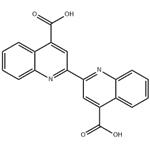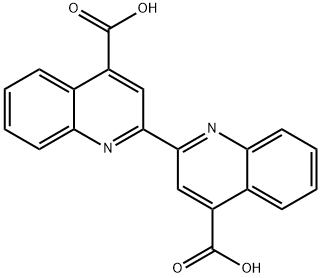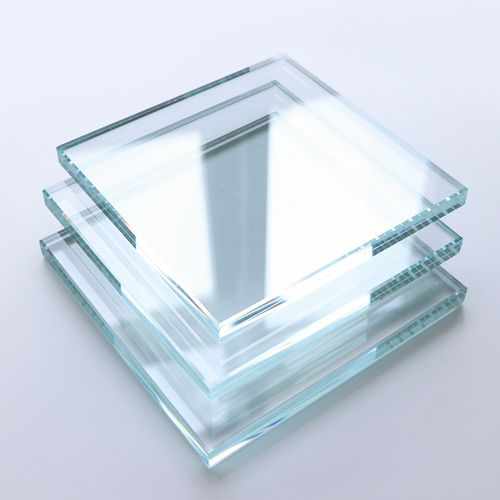What is Bicinchoninic Acid Protein Assay?
Bicinchoninic acid (BCA; 2,2'-Bicinchoninic Acid) assay or Smith assay is a copper-based colorimetric assay for total protein quantification. BCA relies on the formation of a Cu2 +–protein complex in a basic environment, followed by a reduction of the Cu2 + to Cu+. The amount of Cu2 + that is reduced is proportional to the amount of protein present in the solution. Basically, two molecules of BCA chelate to each Cu+ ion, causing a change of color from green to purple with a strong absorbance at 562 nm. The bicinchoninic Cu+ complex is influenced by both the number of peptide bonds and the presence of amino acids cysteine, cystine, tyrosine, and tryptophan side chains. Elevated temperatures increase the exposure of amino acids and minimize the differences caused by unequal amino acid composition in different protein samples. Therefore, the assay should be performed at an elevated temperature of 60 °C to increase assay sensitivity.

1. Prepare standard concentrations of detection antibody (Ab2) with concentrations ranging from 1.25 to 20 μg/mL.
2. Formulate dilutions of MB–Ab2 for tosyl-activated beads and HRP–MB–Ab2 for tosyl-activated and streptavidin-coated beads (5–20 dilution factors).
3. Mix a stock solution of the BCA reagents, 25 parts of reagent MA + 24 parts of reagent MB + 1 part of reagent MC.
4. Add 500 μL of the samples in steps 1 and 2 and PBS buffer or MBs as blank to 500 μL of the stock solution of BCA in step 3.

5. Incubate the samples in step 4 at 60 °C for one hour for the complex formation.
6. Cool all the samples to room temperature.
7. Measure the absorbance of all the samples at 562 nm within 10 min.
8. By subtracting the absorbance of MB from that of MB–Ab2 and HRP–MB–Ab2, the unknown concentration of antibodies on the MB can be found from the calibration plot of antibody standards obtained with the BCA kit. The number of antibodies on the MP surface is obtained by dividing the number of antibodies in the dispersion by the number of particles in the dispersion (1012 beads/mg for tosyl-activated beads and 108 beads/mg of streptavidin-coated beads).
References
[1] B A Otieno, J F Rusling, C E Krause. “Bioconjugation of Antibodies and Enzyme Labels onto Magnetic Beads.” Methods in enzymology 571 (2016): 135–50.
You may like
See also
Lastest Price from 2,2'-Bicinchoninic Acid manufacturers

US $7.00-126.00/g2025-02-08
- CAS:
- 1245-13-2
- Min. Order:
- 1g
- Purity:
- 0.98
- Supply Ability:
- 25kg

US $0.00-0.00/KG2024-08-08
- CAS:
- 1245-13-2
- Min. Order:
- 1KG
- Purity:
- 99%
- Supply Ability:
- 1000Kg


